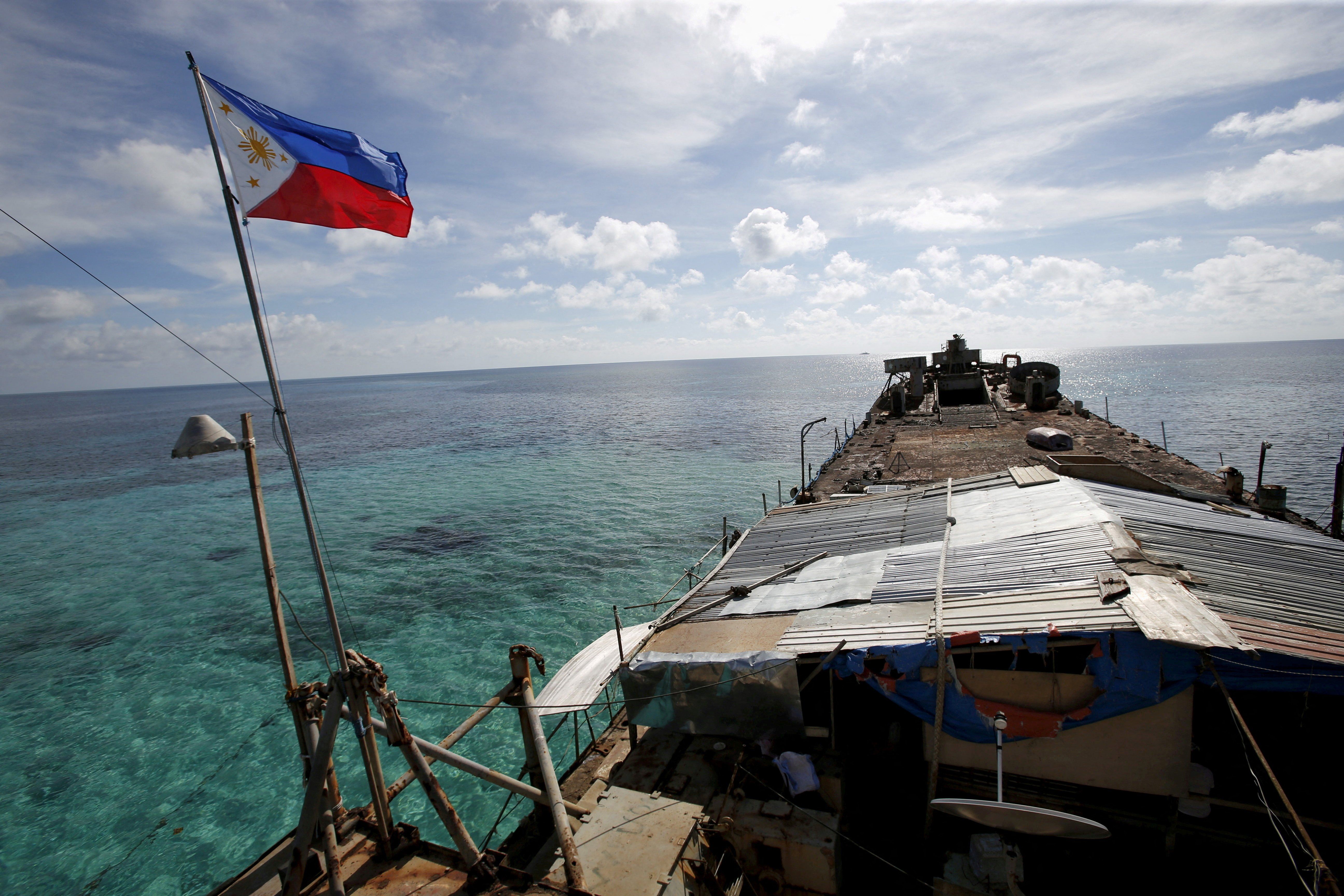Manila announced Sunday it had reached a “provisional agreement” with Beijing aimed at establishing an arrangement in the South China Sea that both sides can live with — without renouncing territorial claims. The text of the deal has not yet been released.
The agreement builds off last week’s announcement of the establishment of presidential hotlines and signals a desire for de-escalation by both countries – following a serious clash on June 17. But the key word in this agreement is “provisional” as both Beijing and Manila are already showing irreconcilable differences in their positions.
China had previously told Manila it could not bring construction materials to the wreck of the Sierra Madre, a decrepit hulk deliberately beached on the South Thomas Shoal by Manila to give it de facto control. Without repairs, the ship will likely break apart soon. But Beijing claims Manila agreed to give China advanced notice and allowed inspections of shipments sent to the marines it keeps stationed there carrying food and supplies. A senior Filipino official told the Associated Press that the final deal did not require the Philippines to pre-notify the Chinese of shipments.
What to watch? A deal to cool temperatures in the South China Sea would be welcome news for all parties, including the US. “The next big test,” says Eurasia Group senior China analyst Jeremy Chan, “will be how both Manila and Beijing behave on future resupply missions, and whether either side can cede any ground.”
